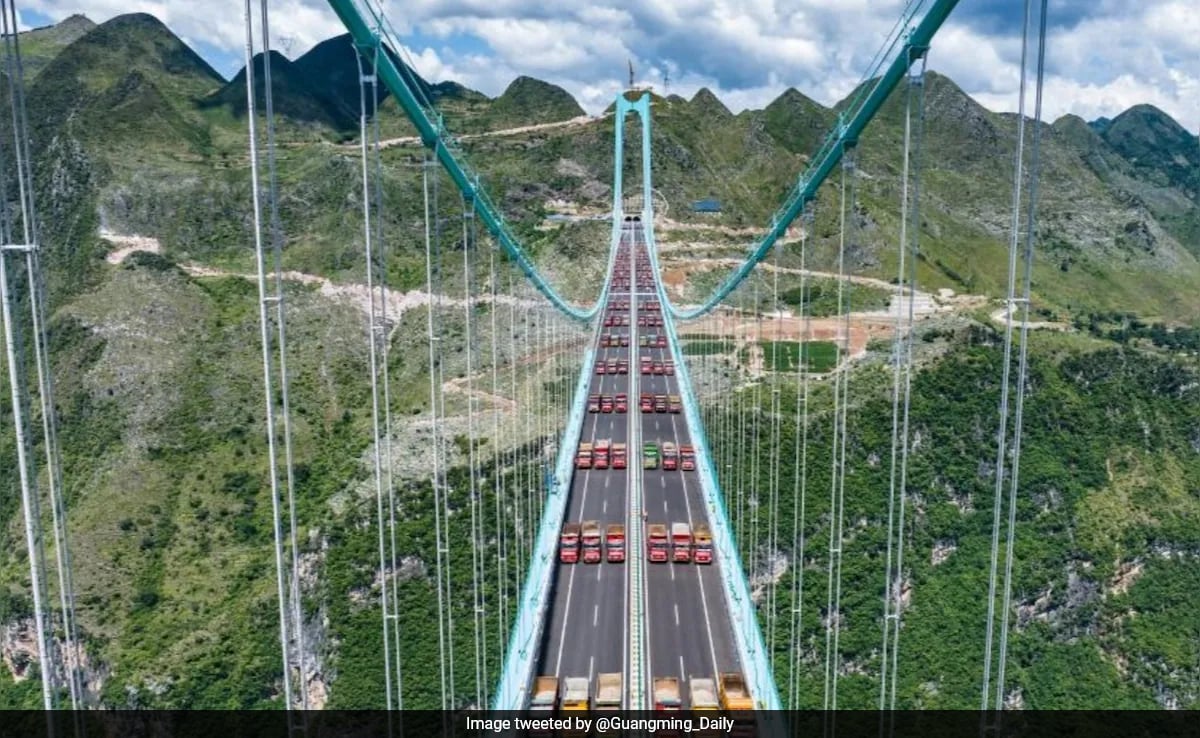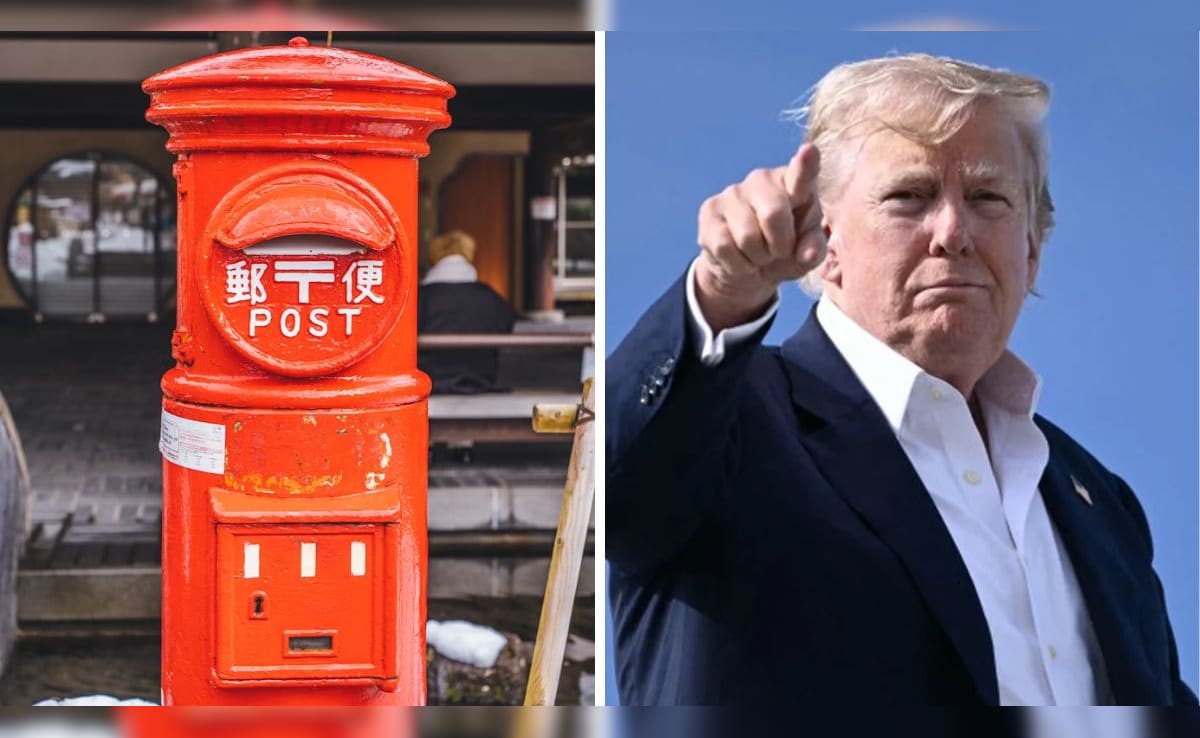Here’s what to know
Latest draft keeps reference to fossil fuels, waters down other language
Return to menuWith U.N. climate talks in Glasgow now in overtime, organizers on Saturday morning released new drafts of the agreements they hope countries will be willing to sign by the end of the day.
COP26 President Alok Sharma voiced hope that the proposals could help bring an end to negotiations, which have repeatedly bogged down in disputes over the rules for a global carbon market and aid for vulnerable countries.
The updated decision still requests that nations boost their carbon-cutting pledges to be in line with the Paris agreement goals by the end of next year. Scientists have said that current pledges would put the world on a path to warm 2.5 degrees Celsius (4.5 degrees Fahrenheit) by the end of the century — barreling past the “safe” threshold of 1.5 degrees C (2.7 degrees F).
A provision calling for accelerated phaseout of coal and fossil fuel subsidies — later caveated with reference to “unabated” coal and “inefficient” subsidies — also remains in the text. The same paragraph now also recommends the “support toward a just transition,” referring to the need to help workers in polluting industries move to new careers.
If it survives until the final decision, it will be the first time a COP agreement explicitly references coal or fossil fuels more generally. But many activists want to see even stronger language, arguing that burning fossil fuels, including oil and gas, is the most important cause of climate change.
A proposed “facility” for helping vulnerable countries cope with irreversible harms caused by climate change — known in U.N. jargon as “loss and damage” — has been reduced to a “dialogue between parties, relevant organizations and stakeholders.” This comes as a disappointment to developing countries and activist groups, who have argued for decades that the world’s poorest deserve reparations for a problem they did little to cause.
Other documents released Saturday morning lay out more technical proposals, including a two year “work program” that would develop a global goal for adaptation, much the way the Paris agreement set a target for limiting warming.
Kerry defends U.S. position on climate issues
Return to menuAs the U.N. climate talks went into overtime on Friday, protesters and frustrated negotiators from vulnerable nations began focusing their anger on the United States, accusing the Biden administration of holding back on cash and the talks’ overall ambition.
U.S. climate envoy John F. Kerry told a roomful of delegates that wasn’t the case, defending U.S. leadership on climate issues, even as he explained some of the practical barriers to meeting environmental advocates’ highest hopes.
Kerry lamented policies among developed nations, including the United States, that lower the price of burning fossil fuels, a major contributor to rising global temperatures. Noting that the world’s governments collectively spend trillions of dollars each year subsidizing fossil fuels, he added: “That’s a definition of insanity. We’re allowing to feed the very problem we’re here to try to cure. It doesn’t make sense.”
But he defended a draft of the conference’s agreement, which qualified language from a day earlier to call for phasing out “unabated” coal power and “inefficient” fossil fuel subsidies. Many activists view that as giving an escape hatch to fossil fuel-producing nations.
Kerry said it was more subtle than that and would leave a door open for the development of technologies that capture carbon dioxide before it reaches the air.
“Unabated coal. We’re not talking about all. We’re not talking about eliminating. We’re talking about the capacity for capture if you can do it,” he said.
But with American negotiators also saying they were not ready to commit as much money as developing nations say they need to prepare for the worst climate damages, some people from those countries said there was a gap between the administration’s rhetoric and its actions.
.png)











 English (United States) ·
English (United States) ·  Turkish (Turkey) ·
Turkish (Turkey) ·